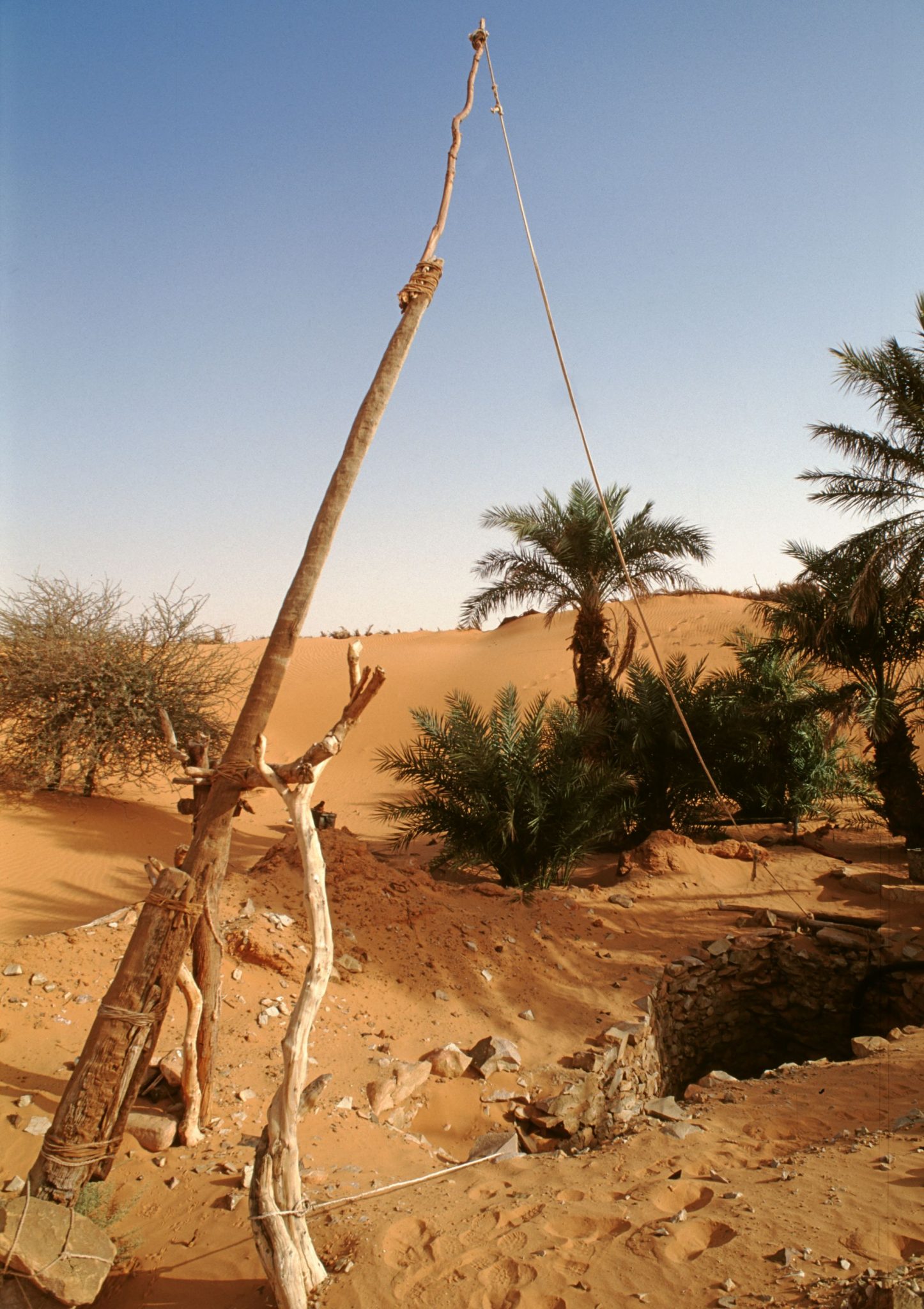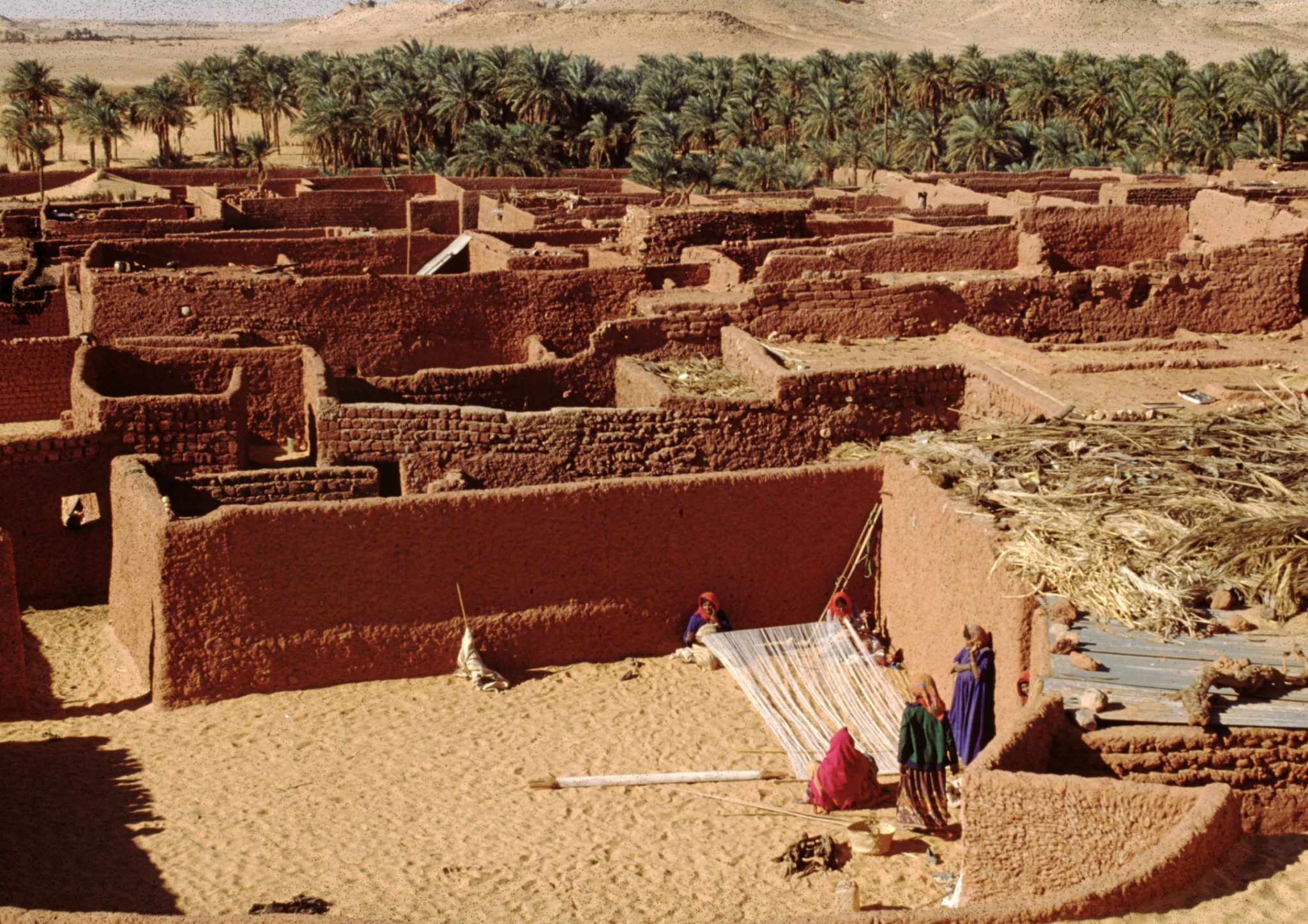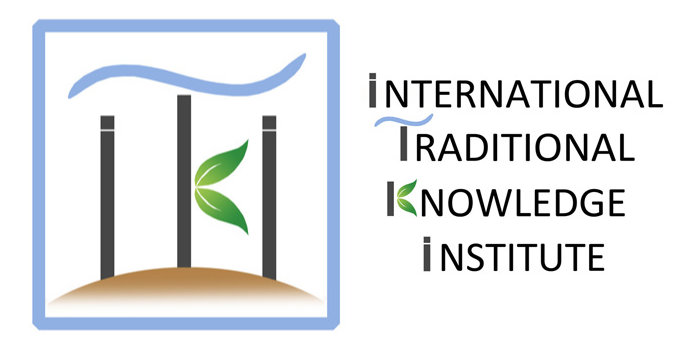TKWB > The Expert System
ITKI’s prime deliverables is the TKWB—Traditional Knowledge World Bank—and the TKWB Toolkit. The Traditional Knowledge World Bank is a global data bank of traditional knowledge and its innovative use; the TKWB Toolkit contains tools for its use: SITTI, the user interface for those who wish to deposit original research in the TKWB information management system, E-scapes, for the creation of augmented reality profiles of sites, and more.

TKWB – An expert system of historical and archeological values and traditional techniques
Ipogea, a Founding Member of ITKI, is working with UNESCO on the construction of a worldwide database, the Traditional Knowledge World Bank (TKWB), which will enable all sites on the World Heritage List to use purpose-built, next-generation information management tools to meet their communications and planning needs. This program and others to be carried forward with UNESCO are the cornerstones of the International Traditional Knowledge Institute and the driving force behind its prime deliverables, the TKWB and TKWB Toolkit.
Architecture, archaeological parks and urban features inserted in human or natural contexts of great value are specific qualities of World Heritage sites. Each unique property and masterpiece is part of a system, where nature and culture are directly linked with each other. The creation and perpetuation of these properties depend on that millenary complex of knowledge and techniques that the United Nations has indicated as Traditional and Local Knowledge. These are ancient techniques and practices of specific territories, passed on through the generations and governing soil management, the use and protection of natural areas, rural architecture and the organization of urban centers. They comprise the historical knowledge of humanity, which has enabled the construction of architecture and landscapes with universal value, protected by UNESCO as cultural landscapes. An appropriate use of natural resources, such as water, soil and energy, is made possible by using traditional knowledge that establishes the harmony of architecture with the environment, the symbiosis of the techniques of organization of space with traditions, social habits and spiritual values, and the melding of practical aspects and beauty.

UNESCO has launched a global program for an inventory of these values, assigning its execution to Ipogea Research Center on Traditional and Local Knowledge. The project gathers and protects historical knowledge and promotes and certifies innovative practices based on the modern re-proposal of tradition. The main targets are businesses, natural areas and historical centers, which will be assigned quality trademarks and acknowledgements of international excellence in production or use of good practices and innovative solutions. Each technology and experience will be visible on an international scale, and each good practice will contribute to safeguarding the whole planet.
The Traditional Knowledge World Bank protects the rights of those local populations who are knowledge holders. It not only classifies knowledge, it also assigns community intellectual property rights to populations and knowledge holders and protects those rights under international law.
TKWB has been conceived as a platform for knowledge sharing and dissemination that offers full acknowledgement to the originators of knowledge. It is constituted by a series of hubs forming a global network.
Revenues from TKWB include user agreements with government, business and the third sector.
